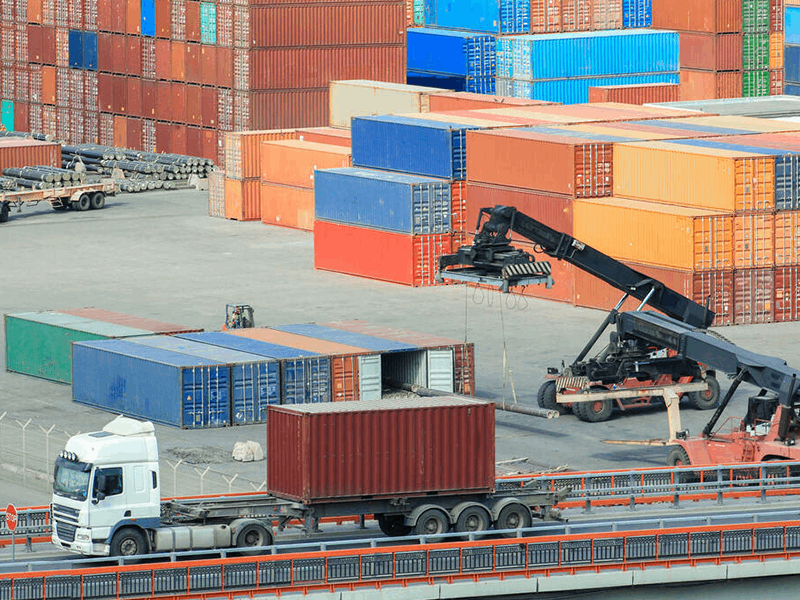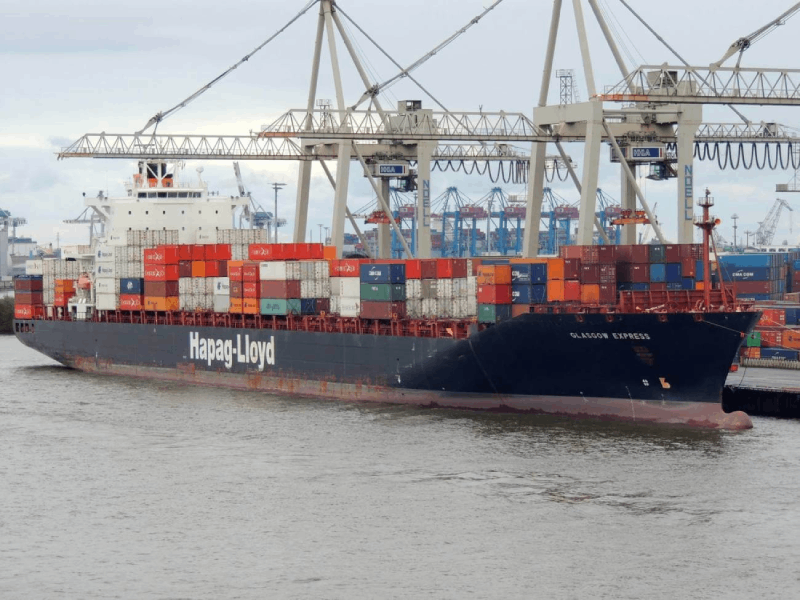Time:2022-08-01 Publisher:Kevin Num:6518

As the epidemic improved, the market gradually returned to normalization In addition to the continuous decline in sea freight prices of major routes in Europe and the United States, container trailer freight rates also fell basically in April and may due to the epidemic.
According to the latest Shanghai container freight index (SCFI), it was 3887.85 points, down 108.98 points from last week, or 2.7%.
Among them, Southeast Asian routes saw the largest decline. In the latest week, it fell by 4%, below 1000 points.
Industry insiders pointed out that the freight rate of Southeast Asian routes fluctuated greatly. As long as the goods increased, the freight rate immediately rose. Once the goods decreased, the freight rate was easy to fall.
In contrast, the latest data released by other major freight rate indexes show that freight rates in the maritime market continue to decline.
Drury's world container freight index (WCI) has fallen for 22 consecutive weeks. The latest WCI composite index fell 0.9% weekly to $6761.63 /feu, down 28% from the same period last year.
Only the freight from Shanghai to Rotterdam increased by 1%, that is, US $62 to US $9154 /feu. Drury expects freight rates to continue to decline in the coming weeks.
On the other hand, the Baltic Sea Freight Index (FBX) global composite index was $6319 /feu, down 1% this week.
Only Meidong rose slightly by 0.1% to $10000 /feu. West America continued to fall sharply by 4% to $6957 /feu. To northern Europe and the Mediterranean are down 2%.

According to the latest data released by Drury in this issue, the three major shipping alliances in the world have canceled 76 voyages in total.
Among them, the most canceled voyages are that the 2m alliance has reached 30 voyages; The alliance has reached 25 voyages, and the least ocean alliance has also cancelled 21 voyages.
Among the 756 scheduled voyages on major routes such as trans Pacific and Asia Europe, 100 voyages were canceled between the 31st week and the 35th week, with a cancellation rate of 13%.
According to Drury's current data, during this period, 68% of air travel will take place in the trans Pacific East trade route.
The recent high inventory level in European and American countries, coupled with the impact of inflation and the epidemic, has reduced the import demand for Asia.
In Europe, container ports with high yard density are struggling to transport containers out of the dock.
In Germany and Britain, labor shortages caused by port and railway strikes, as well as serious port congestion in Rotterdam and Hamburg, have put greater pressure on the supply chain.
The increasing congestion of European terminals not only increases the detention time of imported containers, but also leads to the continuous rise of yard utilization and high workload.
This will have an adverse impact on the operation of the terminal. Therefore, more and more terminals are trying to solve the problem of long-term container detention through various measures.
This includes transferring containers to a separate storage area or imposing additional charges on imported containers that are stranded for a long time.



